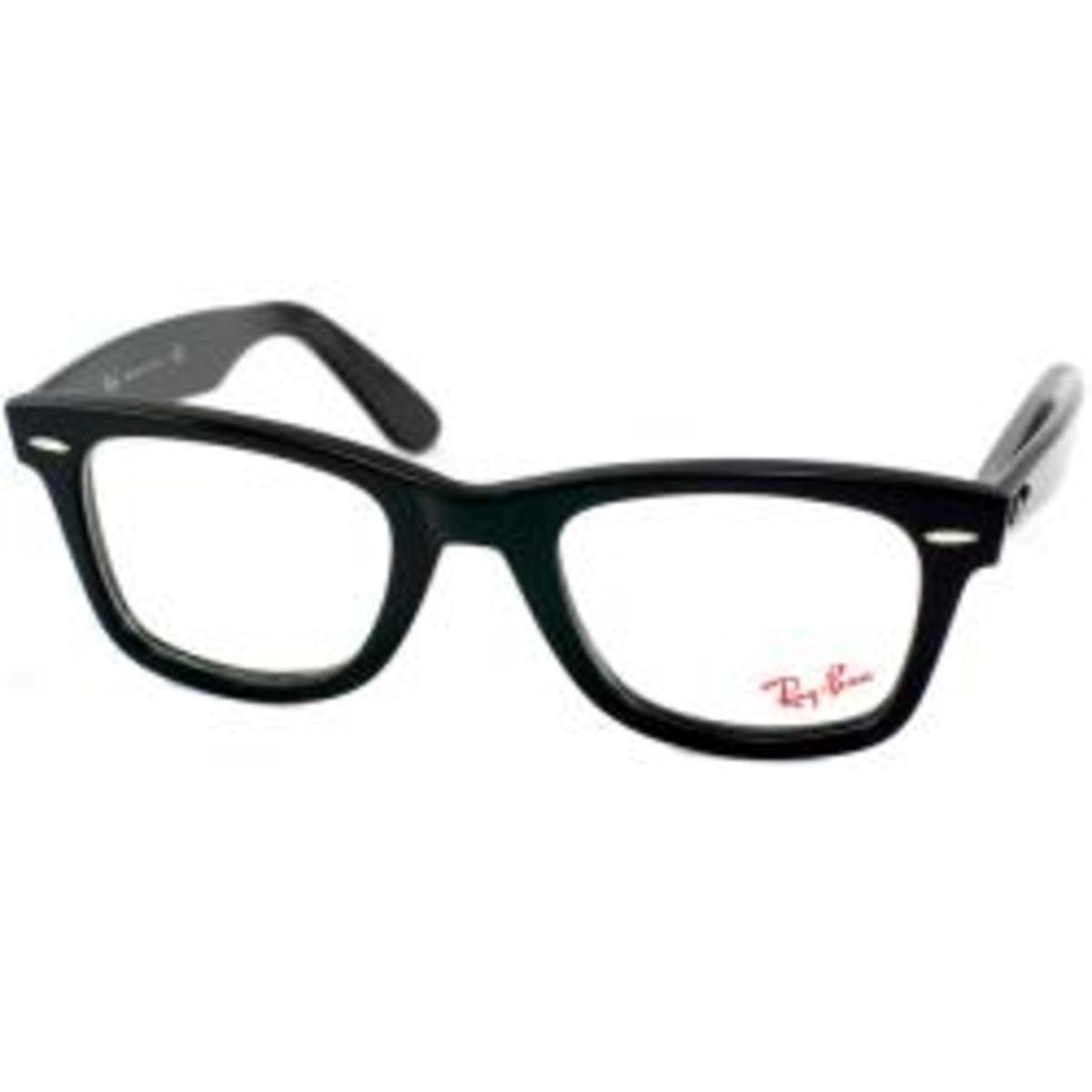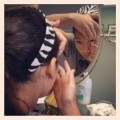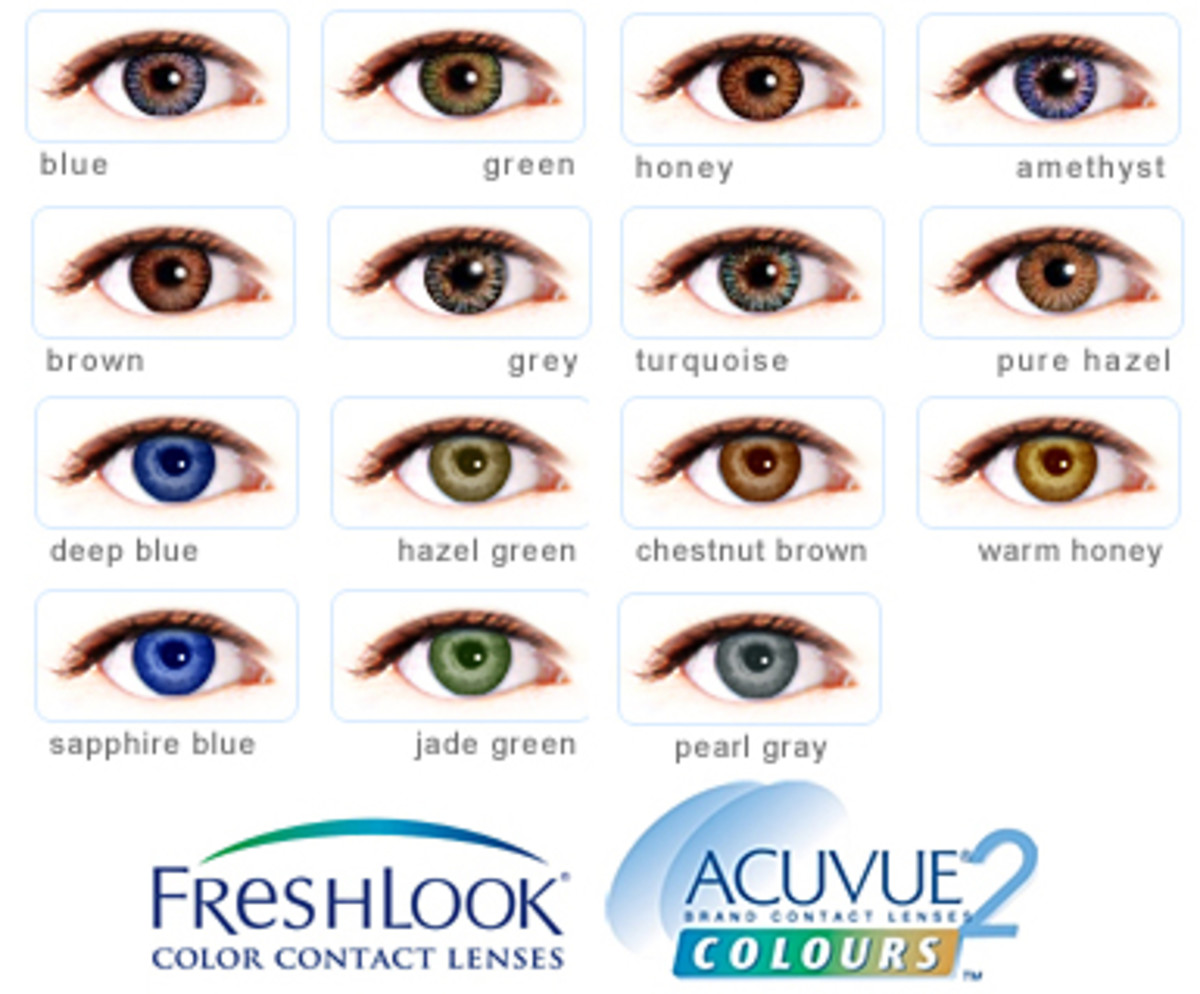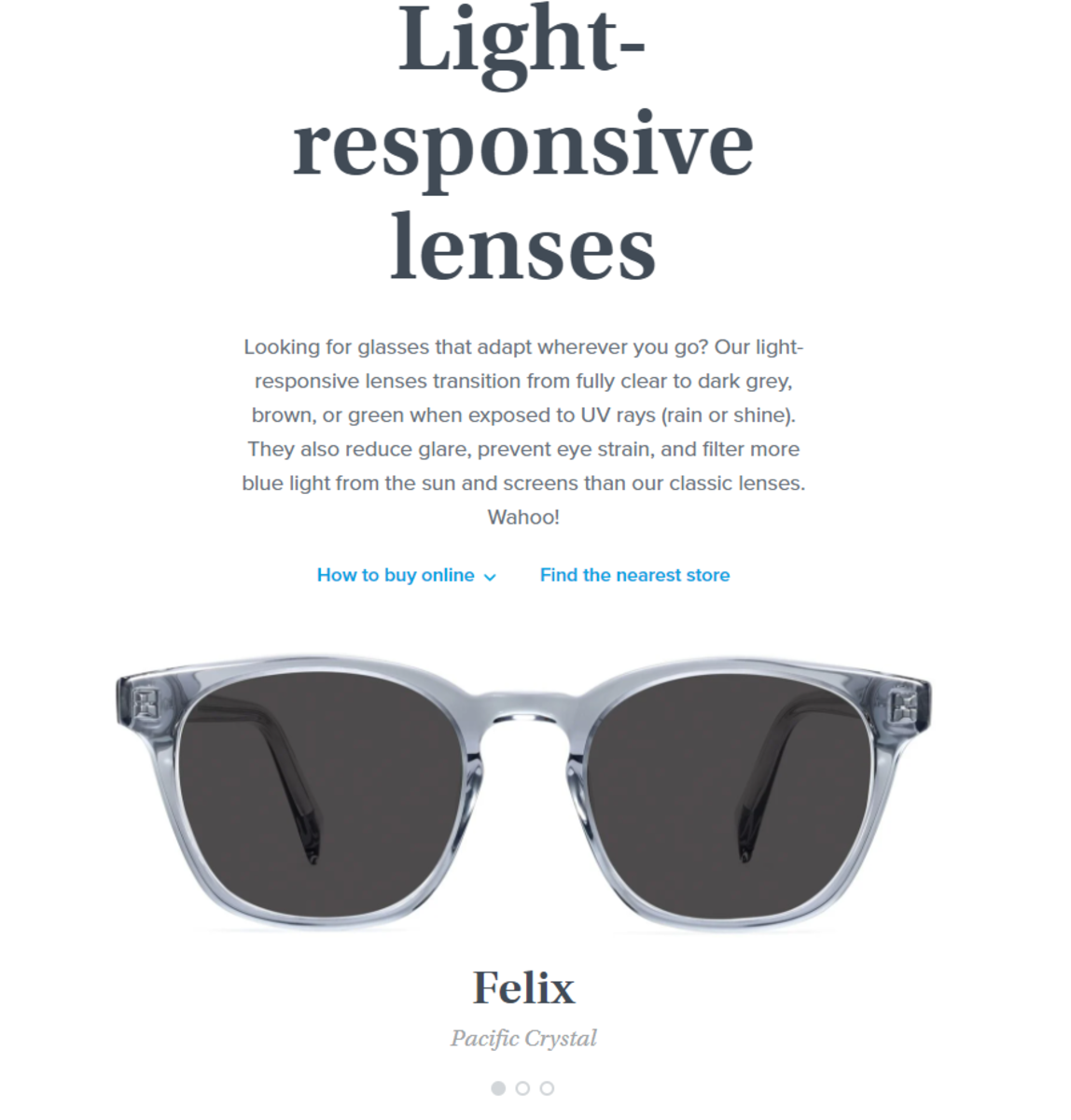Contact Lens Facts

by Joan Whetzel
Most people in need of vision correction prefer contact lenses over glasses because they are convenient. Contacts are thin plastic or glass lenses that are fitted to the cornea and come in a variety of styles and prescriptions making them flexible enough to correct just about any vision problem, be it nearsightedness (myopia), farsightedness (hyperopia), astigmatism, or difficulty focusing on reading materials or other tasks that require near vision (presbiopia).
What Are Contact Lenses?
Contact lenses are designed to rest on the cornea and stay in place by adhering to the film that covers the front of the eye as well as the pressure from the eyelids. Blinking causes the lens to move slightly which allows the tears produced by blinking to lubricate the eye underneath the lens and clears the eye of debris.
Contacts are an optical device used to correct nearsightedness, farsightedness, astigmatism, or difficulty focusing when performing near tasks. The contacts then become the initial optical focusing agent, rather than the lens in the person’s eye, which adjusts the focal point, focusing the light on the retina in conjunction with the person’s eyes.
Frequently replacing the lenses (daily or weekly) helps maintain eye health by giving the cornea a change to re-oxygenate when not in use, as with the occasional use of a backup pair of eyeglasses. Also, having several pairs of lenses (they come in sets of 4 to 6 lenses per box) means that the wearer has backup lenses should one become damaged or get lost. Over-wearing contact lenses can lead to eye dryness, burning, vision blurring, and seeing halos around lights and can even lead to infections and other corneal problems. Contacts should be changed out for new lenses regularly about once a week, but not worn longer than a month.
Types of Contact Lenses
There are generally considered to be two categories of contact lenses: Soft and rigid gas permeable (RGP) lenses which can be used for any prescription. They come in two basic styles – extended wear and disposable.
Soft contact lenses are flexible making them easier to adjust and more comfortable than the rigid variety. They also allow oxygen to go through the lens to the cornea. Rigid Gas Permeable lenses, as their name implies, are gas permeable, meaning that oxygen passes through them to the eyes. These lenses cost less and last longer than soft lenses since they are less likely to tear. Though they can be more uncomfortable than soft lenses, at least initially.
Extended Wear lenses, usually soft lenses with a few rigid brands, come in overnight or continuous wear versions. The continuous are designed to be worn anywhere from 6 nights to 30 days. It is generally recommended that the wearer allow at least one night without lenses before inserting the next pair of lenses in order to rest the eyes. Disposable contact lenses are usually soft lenses and designed for frequent replacement, meaning they are discarded after a single daily use. In either case, anytime the wearer removes the contacts, the lenses must be cleaned and disinfected before reinserting them.
Contact Lenses Care
A general list of recommendations for contact lens wearers:
- Follow the wearing schedule for your type of lenses.
- Make sure to always use sterile saline solution rather than the all purpose variety.
- Don’t top-off the solution in the contact lenses case, but instead, clean the case and use fresh solution each time you remove your contact lenses
- Do not use water with lenses, only cleaning solutions and lens lubricant.
- Contact the eye doctor in case of infection or eye soreness or tenderness..
- Make sure you choose the lens solution that works best for you type of contacts.
- Always wash your hands before handling lenses to prevent eye infection.
- Dispose of contact lens solution that have passed the expiration date.
- Don’t use saliva to wet your contact lenses as bacteria from the mouth will be transferred to the eye.
- Replace contact lens cases every 3 to 6 months.
Resources
American Heritage Dictionary. Contact Lens.
http://education.yahoo.com/reference/dictionary/entry/contact%20lens
Eye Zone. 10 Facts About Contact Lenses.
http://www.framesdirectblog.com/10-facts-about-contact-lenses/
US Food and Drug Administration. Contact Lenses.
All About Vision. Consumer Guide to Contact Lenses







